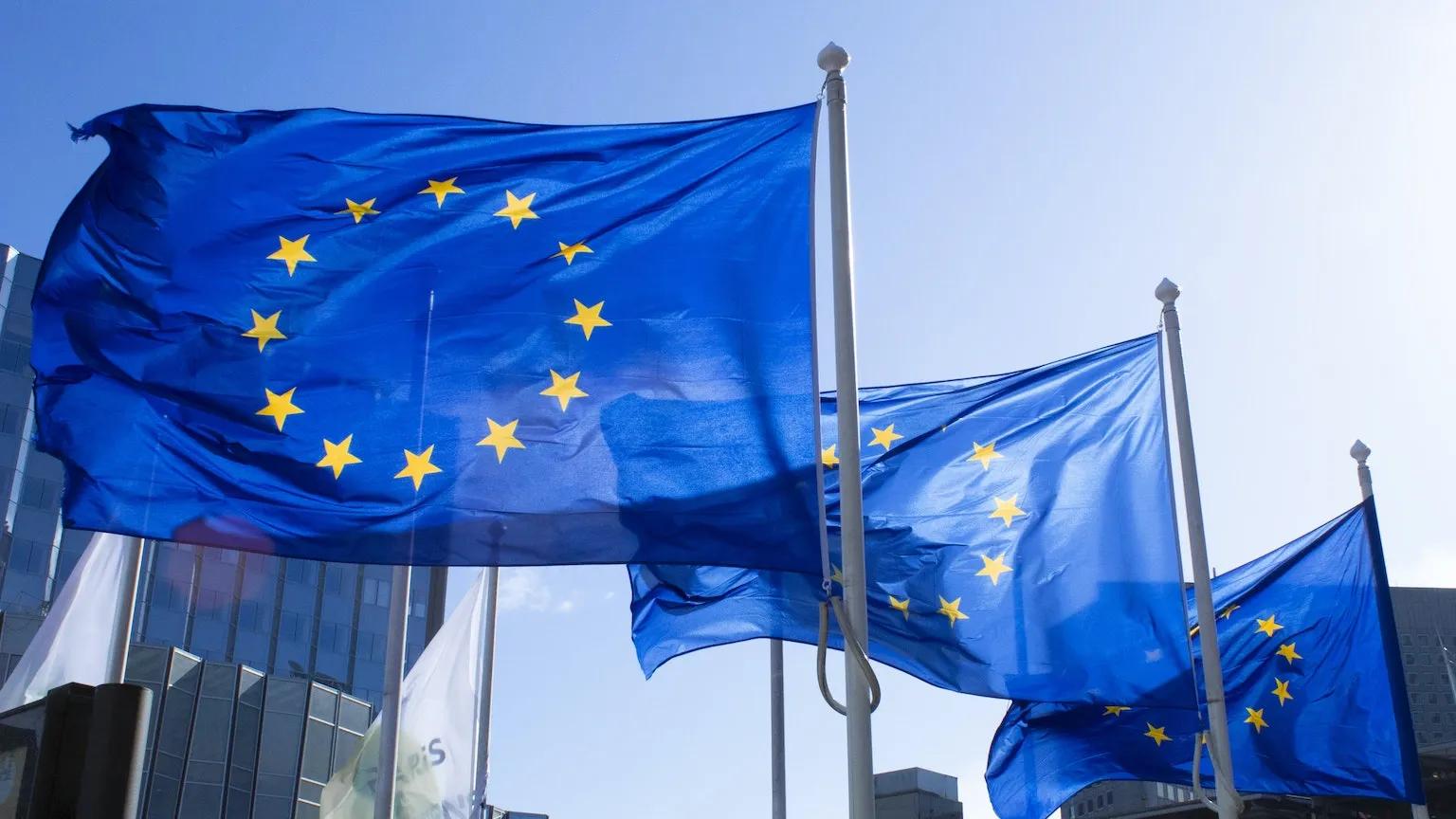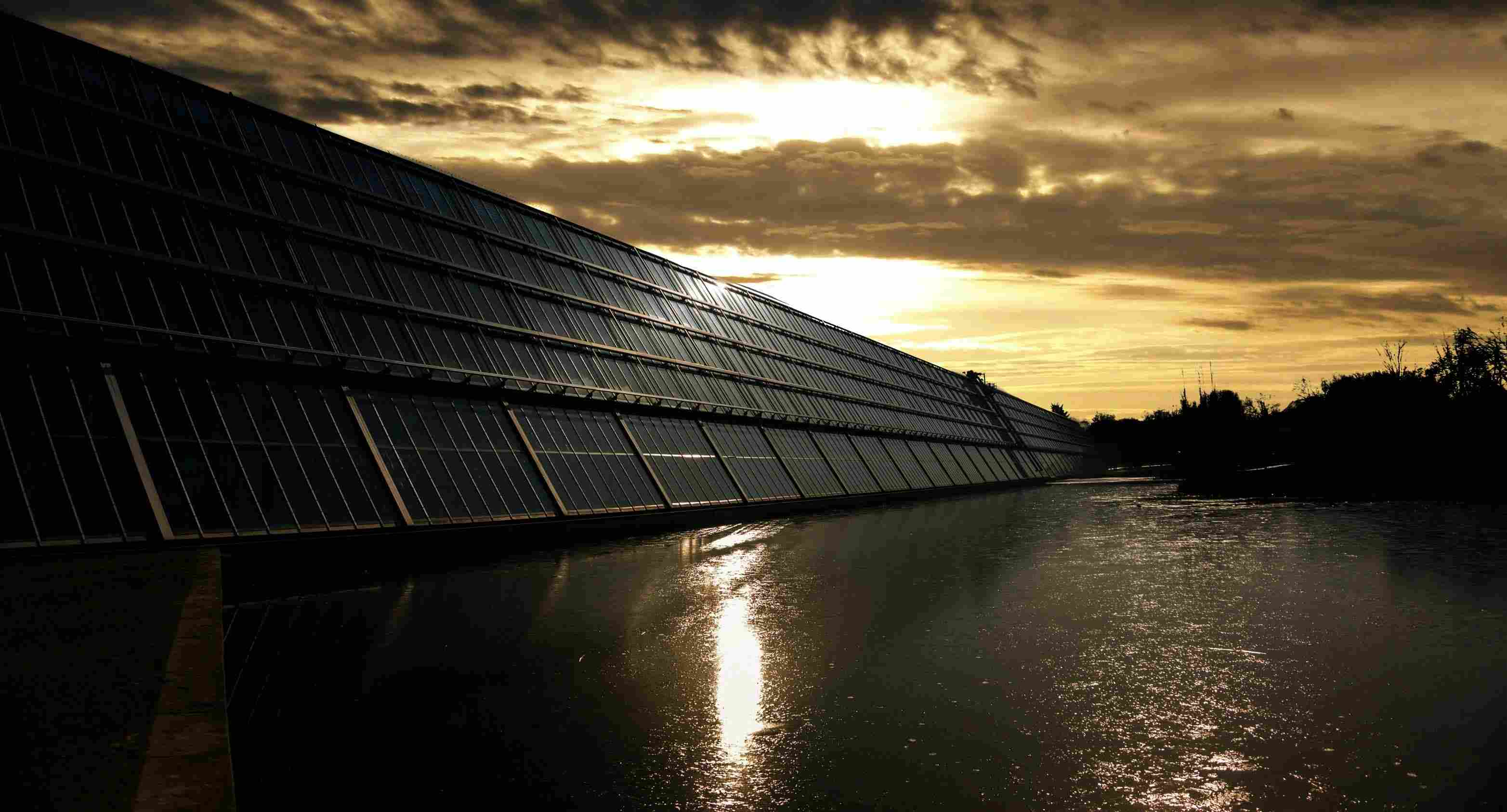
BRUSSELS (Enmaeya News) – September 19, 2025
The European Union is set to attend the upcoming UN Climate Change Conference, COP30, without finalizing new emissions reduction targets, as divisions among member states stall progress on its climate agenda. EU climate ministers are expected Thursday to issue only a “statement of intent” outlining the bloc’s eventual goals.
The delay means the EU will miss the United Nations’ September deadline for countries to submit updated climate plans, known as Nationally Determined Contributions (NDCs). Major emitters, including China, are expected to meet the deadline, raising concerns that the EU’s inaction could weaken global momentum ahead of COP30 in Brazil next week.
“The failure to act may dampen ambition at the climate conference and allow other countries to cite the EU as an excuse for inaction,” said Linda Kalcher, executive director of research group Strategic Perspectives.
Originally, the EU had aimed to agree this month on climate targets for 2035 and 2040. But countries including Germany, France, and Poland requested that leaders first discuss the 2040 goal at an October summit, delaying negotiations on both targets. The draft statement proposes a 2035 emissions reduction range of 66.3% to 72.5%, while the bloc still hopes to finalize the target before the November UN Climate Conference.
The European Commission initially proposed a 2040 target cutting greenhouse gas emissions by 90%, but this has faced resistance from some countries. Czech Environment Minister Petr Hladík said, “We clearly reject the 90% target because we simply do not see a technological path to achieve it.” Italy has also opposed stricter measures, including the EU’s 2035 ban on new carbon-emitting vehicles.
Other member states, including Spain and Denmark, are pushing for stronger climate action, citing extreme heatwaves, destructive wildfires, and the urgent need to reduce dependence on imported fossil fuels. Spanish State Minister for Energy Juan Groyzard stressed, “This year is particularly important for our international climate commitments, and it is extremely important that Europe agrees on a target to reach 90% by 2040.”
The EU’s climate ambitions face additional challenges from rising costs, defense spending pressures, and geopolitical tensions, all of which have complicated efforts to balance environmental goals with economic realities.






